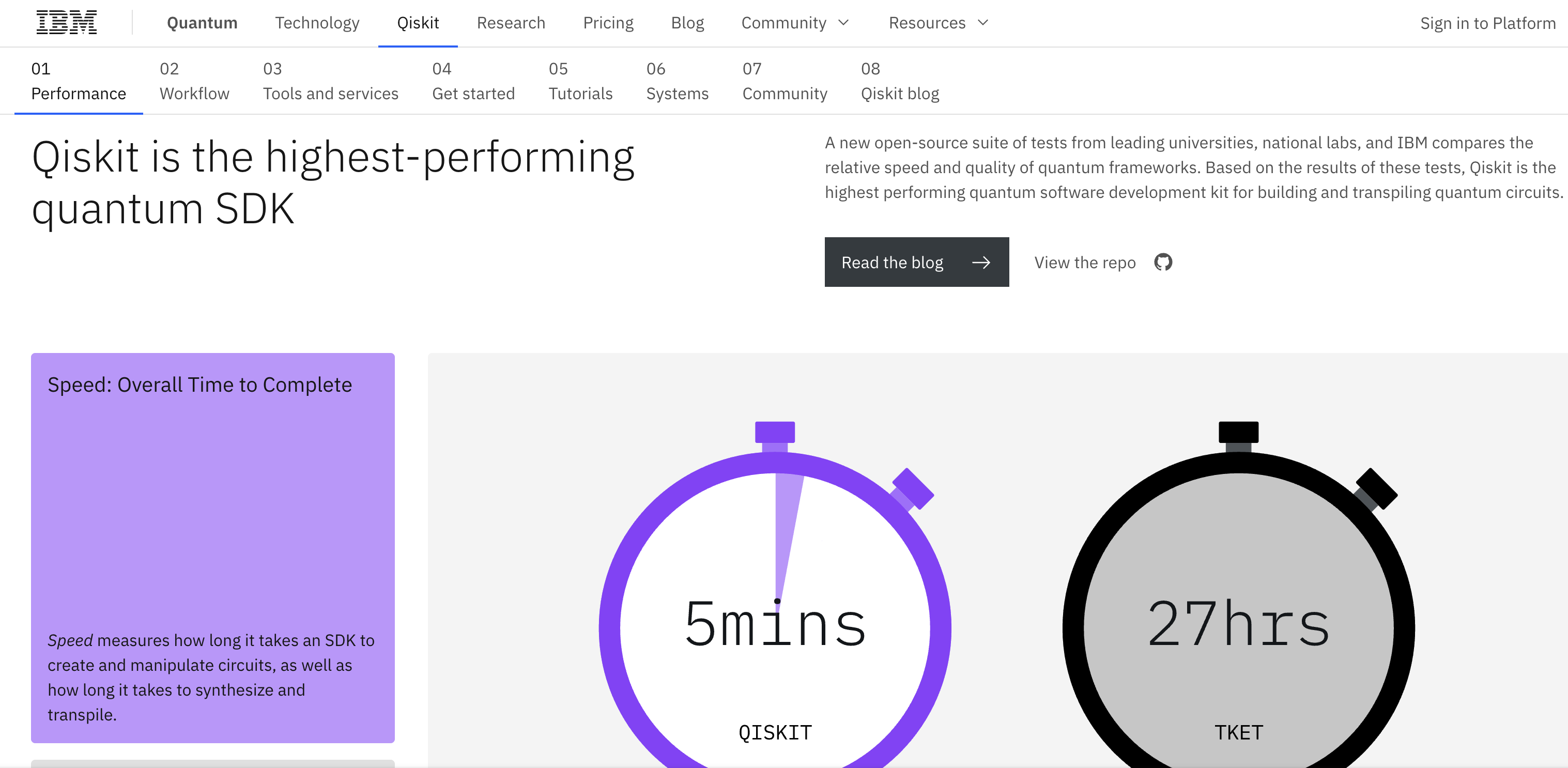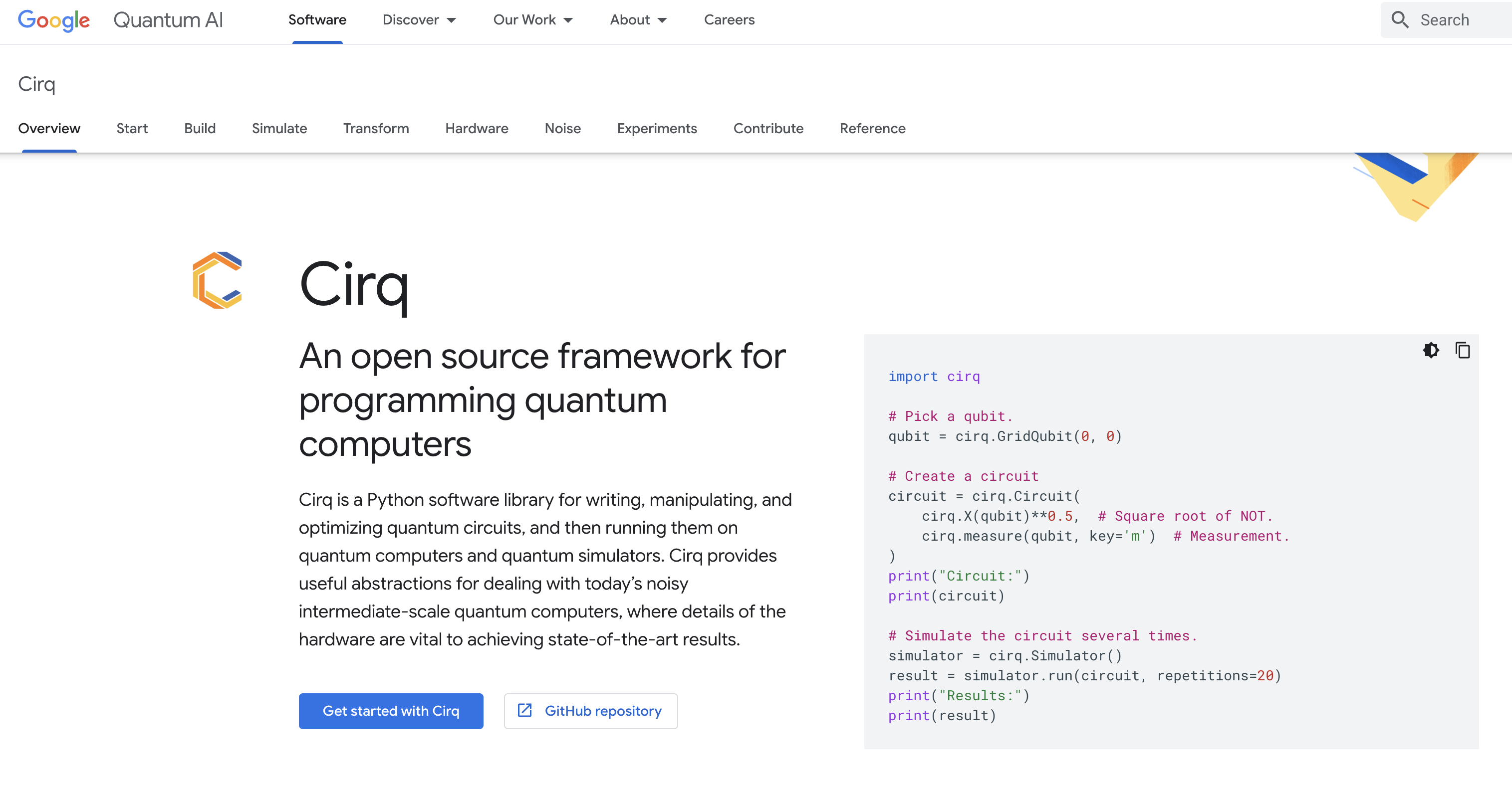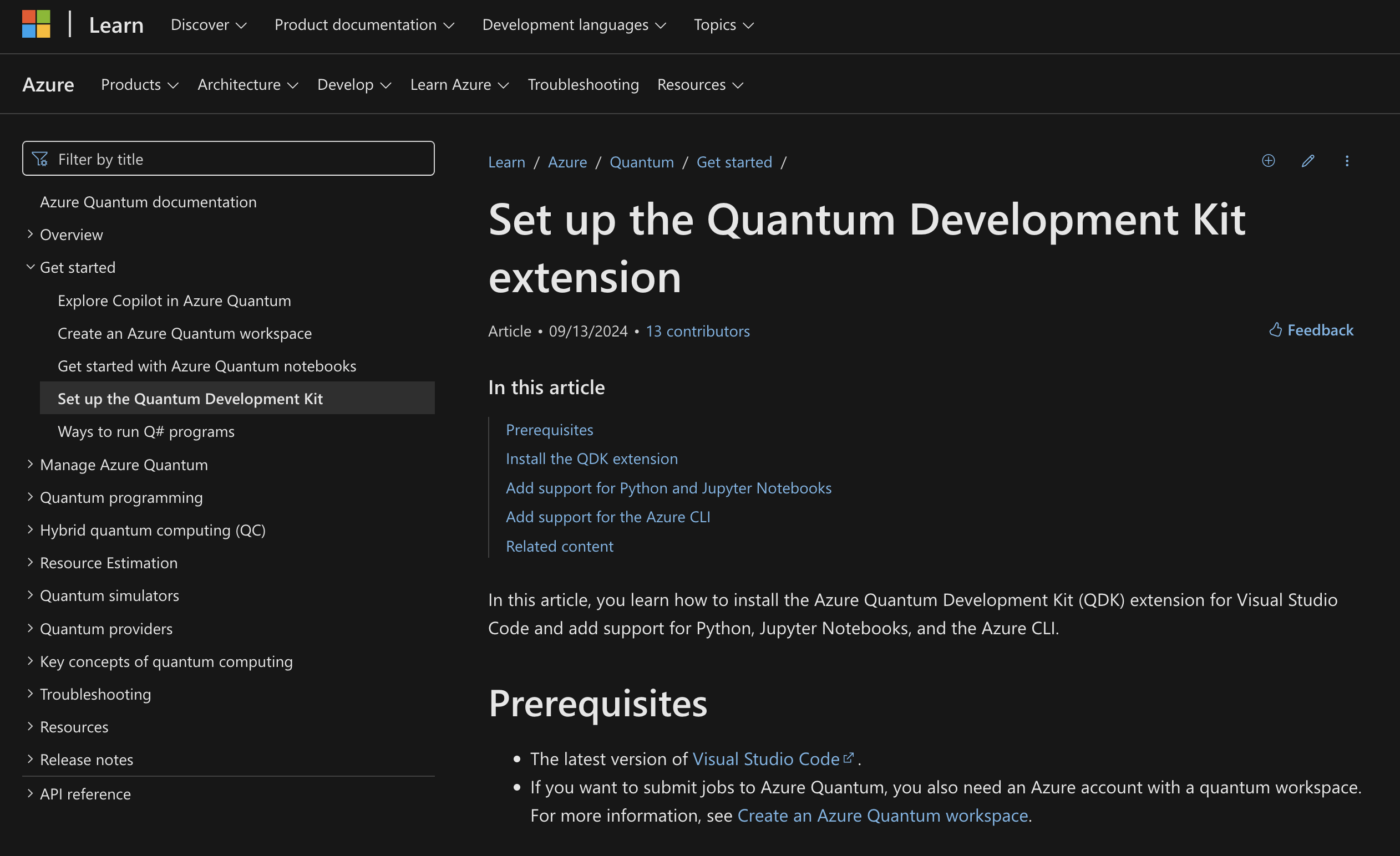Quantum Programming 101 | 매거진에 참여하세요
Quantum Programming 101
#Quantum #Computer #Computing #Programmin #Definition #Concept #Frameworks #Julia #QDK #Python
Quantum Programming 101: The Languages and Frameworks Powering the Quantum Future
As buzz around quantum computing continues to grow, most people have encountered videos or articles explaining the core principles—qubits, superposition, entanglement. But here's a question that often goes unasked:
If quantum computers are still computers, how do we program them?
The answer isn’t as straightforward as "just use Python" (although Python plays a big role).
Quantum programming involves new paradigms, new languages, and specialized frameworks designed for machines that don’t think in 1s and 0s, but in infinite possibilities.
This article breaks down the essentials:
what quantum computing is, how it impacts software development, and what tools you’ll need to start experimenting—even without access to a physical quantum machine.
What Is Quantum Computing?
Classical computers use bits—each representing either a 0 or 1—to process data.
In contrast, quantum computers are built on the principles of quantum mechanics and use qubits, which can be 0, 1, or both at the same time (a state called superposition).
This ability allows quantum computers to solve complex problems in parallel, making them vastly more powerful than classical machines in specific domains.
Quantum entanglement further strengthens this power, linking qubits in ways that allow for faster computation across interconnected variables.
While still in its early stages, quantum computing is poised to disrupt industries that rely on large-scale computation—finance, logistics, medicine, and more.
Why Software Developers Should Care
Quantum computing isn’t just hardware—it’s software too.
The next generation of quantum-aware developers will help create algorithms that tackle:
-Logistics optimization (e.g., real-time delivery route planning)
- Financial modeling (e.g., portfolio risk analysis)
- Drug discovery (e.g., simulating molecular interactions)
- Climate prediction (e.g., simulating global weather patterns)
Even machine learning is getting a quantum upgrade, with Quantum Machine Learning (QML) offering potential breakthroughs in:
Medical diagnostics
Natural Language Processing
Autonomous vehicles
Languages for Quantum Programming
Just like classical programming, there are multiple languages suited for quantum computing, each with its own purpose.
Language | Why It's Popular |
|---|---|
Python | Supported by major frameworks (Qiskit, Cirq), easy to learn, strong in scientific computing |
Julia | Designed for high-performance numerical analysis, promising for simulations |
C++ | Low-level speed and memory control, often used in framework development |
Q# | Microsoft’s domain-specific language for quantum development, integrated with Azure |
1. Python
By far the most popular, Python dominates the quantum stack.
Thanks to libraries like Qiskit, Cirq, and Ocean SDK, Python is the go-to language for quantum experimentation.
Why Python?
Clean, readable syntax
Massive scientific ecosystem (NumPy, SciPy, matplotlib)
Strong community support
2. Julia
Julia is gaining traction as a fast, scientific language, particularly suited for high-performance numerical computing.
Though still niche in quantum development, Julia’s potential in large-scale simulations is promising.
3. C++
For developers seeking maximum performance and low-level control, C++ remains a viable option.
It's often used in the development of quantum libraries and frameworks themselves, rather than for day-to-day quantum programming.
Leading Quantum Frameworks
If you’re looking to get your hands dirty with real code, you’ll want to explore these three industry-standard frameworks:
IBM Qiskit
https://www.ibm.com/quantum/qiskit

Python-based open-source framework
Developed by IBM for designing and simulating quantum circuits
Direct integration with IBM Quantum cloud hardware
Includes visualization tools, simulators, and prebuilt algorithms (e.g., Grover’s, Shor’s)
Best for: Learning quantum principles, running simulations, and testing on real quantum hardware.
Google Cirq
https://quantumai.google/cirq

Also Python-based
Built for creating, optimizing, and running quantum circuits on Google’s Sycamore processor
Offers direct control over hardware-level instructions
Cloud-based execution via Google Cloud
Best for: Quantum algorithm researchers and developers looking for hardware-level optimization.
Microsoft Quantum Development Kit (QDK)
https://learn.microsoft.com/en-us/azure/quantum/install-overview-qdk

Includes the Q# programming language
Integrates with Visual Studio and VS Code
Offers quantum simulators and Azure Quantum integration
Great tooling for hybrid quantum-classical workflows
Best for: Developers in enterprise or Azure environments who prefer full IDE integration.
Hybrid Quantum-Classical Systems
We’re still far from replacing classical computers entirely.
In the near future, we’ll likely see hybrid systems where classical and quantum computers collaborate.
Imagine this workflow:
- Quantum computer handles the heavy computation (e.g., optimization, decryption)
- Classical system manages interfaces, preprocessing, and visualization
This hybrid model is already being explored in research and industry, paving the way for practical quantum applications.
A Note on Security: Post-Quantum Cryptography
Quantum computing doesn’t just enhance—sometimes, it threatens.
Algorithms like Shor’s can break widely-used encryption methods (RSA, ECC), pushing researchers to develop Post-Quantum Cryptography (PQC).
Additionally, quantum technologies like Quantum Key Distribution (QKD) offer new, unbreakable methods for secure communication.
Final Thoughts
Quantum computing won’t replace traditional software overnight.
But it will redefine what’s possible.
Whether you're a curious developer, a researcher, or a startup builder, getting familiar with quantum programming languages and frameworks is an investment in the next frontier of computing.
So go ahead—install Qiskit, run your first quantum circuit, and imagine a world where computing isn’t just binary, but beautifully probabilistic.






